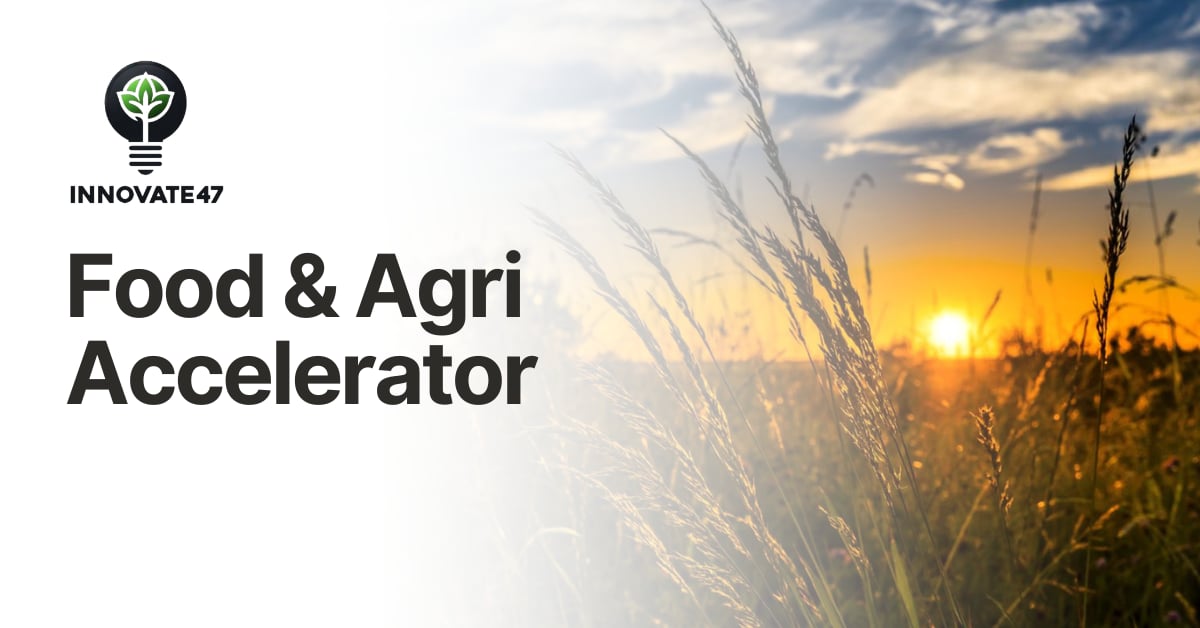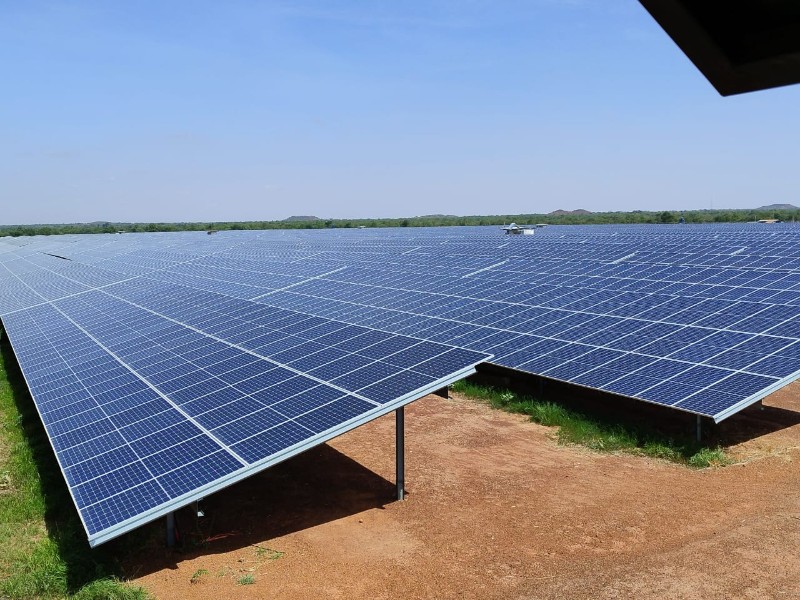Tunisia’s agritech trailblazer nextProtein has just secured €18 million ($20.7 million) in Series B funding to build Africa’s largest insect protein production facility,a move set to transform how the continent produces sustainable feed and food alternatives.
Co-led by Swen Capital’s Blue Ocean Fund and the UK’s British International Investment (BII), the round cements nextProtein’s position as a North African leader in climate-smart agritech.
From Food Waste to Future Protein
Founded in 2015 by Mohamed Gastli and Syrine Chaalala, nextProtein transforms agricultural and food waste into high-value products using the Black Soldier Fly (BSF), nature’s most efficient recycler. The larvae convert low-value scraps into three flagship outputs:
- nextMeal: high-protein powder for aquaculture, livestock, and pet food.
- nextOil: nutrient-rich insect lipids.
- nextGrow: organic fertiliser for regenerative agriculture.
This closed-loop model reduces food waste, emissions, and dependence on environmentally damaging proteins like soy and fishmeal.
It’s also backed by EU certifications, including Organic, GMP+ Feed Safety Assurance, and Fair for Life, ensuring ethical sourcing and global compliance.
“Our model overcomes industrial bottlenecks with variable low-value feedstocks, mainstreaming cost-efficient ingredients,” explains CEO Mohamed Gastli.
Scaling Up: From Pilot to Powerhouse
The new capital of €14 million in equity and €4 million in debt from Société Générale, CIC Paris Innovation, and La Banque des Start-ups by LCL will bankroll the construction of a next-generation plant in Tunisia.
Once operational, it will produce 12,000 tonnes annually, including 2,500 tonnes of insect protein powder, feeding demand in aquaculture, livestock, and pet food industries.
“Insect protein works; now it’s about cost parity and reliability,” notes co-founder Syrine Chaalala, who oversees the firm’s scaling strategy.
Under Head of Operations Mtir Ben Aribia, nextProtein’s R&D team has tested over 100 feedstocks, from citrus peels to brewery waste, fine-tuning conversion ratios for maximum yield. This approach minimises risk and ensures adaptability across regions and waste streams.
READ ALSO:
Why the EU-Funded ElectriFI Chose Sawa Energy to Lead Africa’s C&I Solar Charge
For investors, that’s the sweet spot between sustainability and scalability.
Julie Peyrache of Swen Capital’s Blue Ocean Fund calls nextProtein’s work “a turning point for mainstreaming insect-based ingredients,” while BII’s Sherine Shohdy adds that it’s “transforming waste into low-carbon feed that reinvents food systems.”
Notably, this is BII’s first direct investment in Tunisia, signalling rising investor confidence in North Africa’s green innovation ecosystem.
Navigating a Busy but Competitive Sector
The insect protein industry has had its share of turbulence. South Africa’s Inseco shuttered in 2023 due to power constraints, but nextProtein’s modular design and diversified feed sources provide insulation from such risks.
The startup previously raised €1.3 million (2017) and $11.2 million (2020) to launch its first Tunisian plant.
With the global aquaculture market projected to hit 109 million tonnes by 2030 (FAO data), nextProtein is now positioned to capture a share of the $500 billion global feed market, tackling the 14.5% of global emissions linked to livestock production.
Tunisia’s Green Tech Moment
nextProtein’s success underscores Tunisia’s growing role as a hub for sustainable innovation. Its young, skilled workforce and stable business environment are attracting impact investors seeking climate solutions with export potential.
The new plant will create hundreds of green jobs, strengthen waste management infrastructure, and inspire circular economy models across the Maghreb and wider Africa.
Beyond the Buzz: Rethinking Protein, Reshaping the Planet
At a time when “sustainable” is no longer a buzzword but a necessity, nextProtein proves that insects can power the future of food. Its model aligns environmental stewardship with economic opportunity, showing that Africa can lead the next agricultural shift, not just feed it.
As Tunisia’s newest high-tech facility takes shape, expect ripple effects: cheaper feeds, reduced emissions, and a new blueprint for climate-resilient agribusiness in the Global South.
Because sometimes, the smallest creatures make the biggest impact.
nextProtein & Insect-Based Protein Innovators
nextProtein is a Tunisia-based agritech company producing sustainable animal feed from insect sources. According to nextProtein reviews, it’s recognised for innovation in circular agriculture and eco-friendly nextProtein ingredients derived from black soldier flies.
The company’s updates and career opportunities can be found on nextProtein LinkedIn.
Similar players in the insect protein industry include Protix, known for its high-quality Protix products made from insect-based nutrients; Ÿnsect, specialising in vertical farming of mealworms; Hexafly, focusing on sustainable feed solutions; and Nasekomo, a biotech startup advancing insect farming technologies.
What is Protix company? Protix is a Netherlands-based pioneer in insect farming, producing natural ingredients for feed, food, and fertiliser to promote a circular food system.
Ronnie Paul is a seasoned writer and analyst with a prolific portfolio of over 1,000 published articles, specialising in fintech, cryptocurrency, climate change, and digital finance at Africa Digest News.






